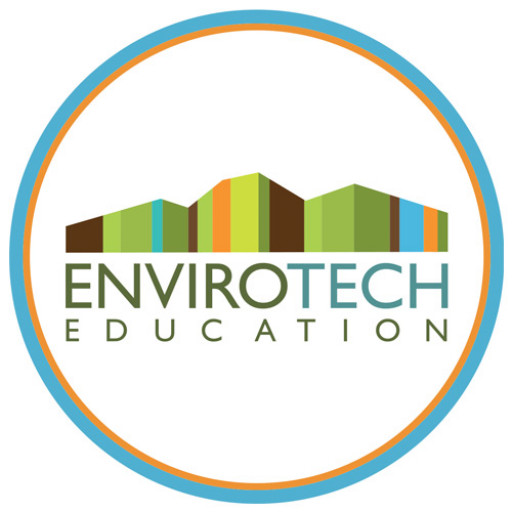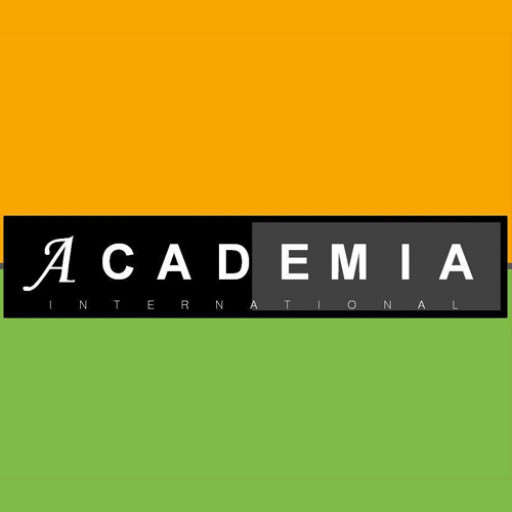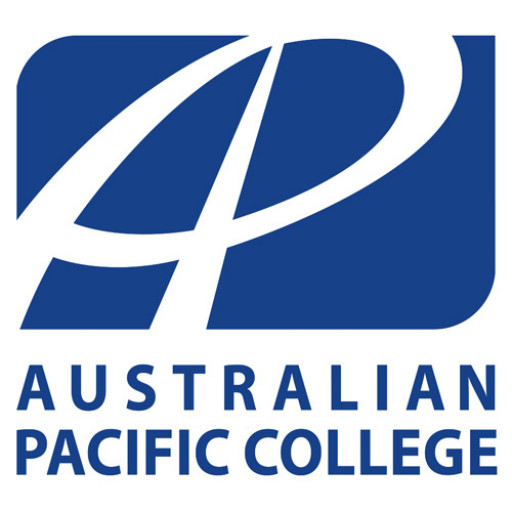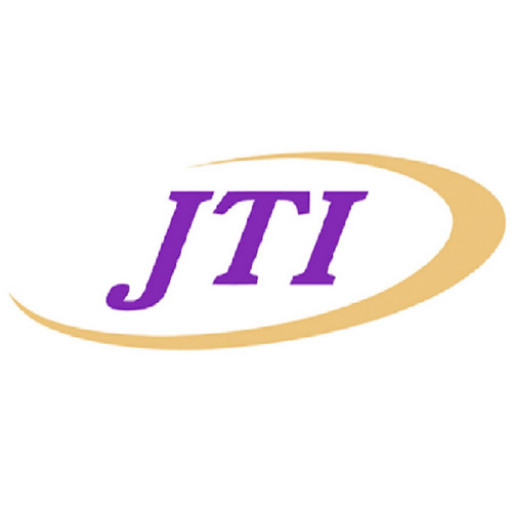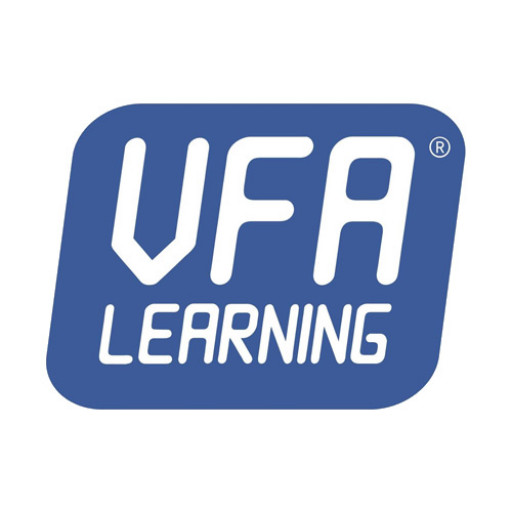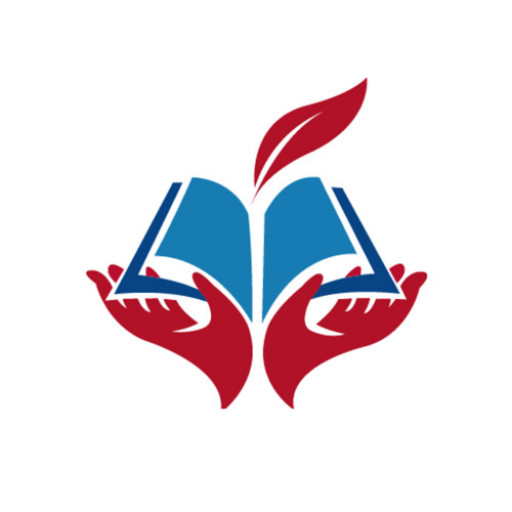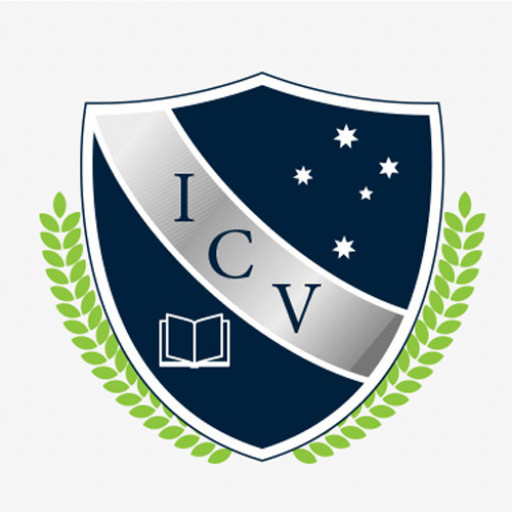The TAFE NSW Early Childhood Education and Care qualification is a comprehensive program designed to prepare students for a rewarding career in early childhood development and education. This course provides students with the essential skills, knowledge, and practical experience needed to work confidently with young children in various early childhood settings, including preschools, childcare centers, and family daycare services. Over the duration of this program, learners will explore fundamental topics such as child development, health, safety, and wellbeing, ensuring they understand the developmental stages children go through from birth to five years old. The curriculum emphasizes the importance of creating safe, inclusive, and stimulating environments that foster learning and growth for all children.
Students will gain hands-on experience through supervised practical placements, allowing them to apply theoretical knowledge in real-world settings, develop their caregiving skills, and build professional confidence. The program covers essential areas such as designing engaging educational activities, communicating effectively with children and families, promoting inclusive practices, and adhering to regulatory standards within the early childhood sector. Upon completion, graduates are equipped to work as early childhood educators, support workers, or nanny professionals, contributing positively to the development of children during their formative years. The qualification aligns with industry standards and is recognized by relevant authorities, ensuring that graduates are well-prepared to meet the evolving needs of children and families in the community. Whether students are seeking to start a new career or upgrade their current skills, the TAFE NSW Early Childhood Education and Care program offers a practical, comprehensive pathway into the dynamic field of early childhood education.
The Diploma of Early Childhood Education and Care offered by TAFE NSW provides comprehensive training to prepare students for a rewarding career in early childhood education. This program is designed to equip students with the knowledge and practical skills required to work effectively with children from birth to five years of age in various early childhood settings such as preschools, long day care centers, and family day care environments. Throughout the course, students will explore a wide range of topics including child development, health and safety, inclusion and diversity, and building strong relationships with children and families. The program emphasizes the importance of creating nurturing, engaging, and safe learning environments that promote the holistic development of young children.
Students will engage in both theoretical coursework and practical placements, providing real-world experience to develop their skills in planning and implementing developmental activities, observing children’s progress, and supporting children's learning. The curriculum aligns with industry standards and national Early Childhood Education guidelines, ensuring graduates are job-ready and compliant with current regulatory requirements. Additionally, the program covers important areas such as nutrition, outdoor play, and the importance of cultural competence in early childhood education.
Upon completing the Diploma, graduates will be qualified to work as early childhood educators, room leaders, or staff members in licensed care and education settings. They will be prepared to undertake responsibilities related to guiding children's behavior, supporting their individual needs, and fostering inclusive learning environments. The course also opens pathways for further study, including pathways to university degrees in education or related fields. TAFE NSW’s supportive learning environment, combined with industry-recognized qualifications, aims to empower students to make a positive difference in the lives of children and their families.
Program requirements for the Certificate III in Early Childhood Education and Care at TAFE NSW include a combination of core units, elective units, and practical work placements. Candidates must successfully complete all core units to build fundamental knowledge and skills necessary for working in early childhood education environments. The program emphasizes foundational principles such as promoting children's development, implementing inclusive practices, and ensuring safety and wellbeing in care settings. Practical placement is a critical component—participants are required to complete a set number of hours in licensed childcare settings, applying theoretical knowledge in real-world situations under supervision. This hands-on experience ensures graduates are workplace-ready with competencies in establishing positive relationships with children, supporting their development, and collaborating with families and team members. Selection criteria may include prior education qualifications and relevant experience, depending on entry pathways. The program also encourages students to develop professional ethics, communication skills, and cultural awareness, preparing them for diverse work environments. Successful completion enables graduates to pursue further study or employment as early childhood educators, carers, or assistant educators. The curriculum aligns with national early childhood education standards and complies with legal requirements regarding child safety and education practices. TAFE NSW offers flexible delivery modes, including full-time and part-time options, to accommodate learners' needs. To enroll, applicants must meet language, literacy, and numeracy prerequisites, and may need to provide evidence of identification and previous qualifications. Ongoing assessments during the course evaluate practical skills, theoretical understanding, and professional attitudes. Upon completion, students receive a nationally recognized qualification that opens pathways to a rewarding career in early childhood education, emphasizing a commitment to fostering a safe and nurturing environment for children's growth and development.
The financing options for the Diploma of Early Childhood Education and Care at TAFE NSW are designed to support students in accessing quality education with manageable financial commitments. Students may be eligible for government funding through the New South Wales Government’s fee exemptions or subsidies, which significantly reduce the cost of tuition for eligible domestic students. Specifically, as part of the efforts to promote early childhood education, TAFE NSW offers fee concessions and subsidies under various funding programs such as Smart and Skilled, which covers tuition fees for eligible students participating in approved courses.
For students who do not qualify for government subsidies, the full tuition fee must be paid, and flexible payment options are available. These options often include upfront payments, payment plans, or external loans through private financial institutions. TAFE NSW also provides information and support to students regarding scholarship opportunities, although specific scholarships for Early Childhood Education programs are limited and mostly targeted at higher education rather than vocational training.
International students, on the other hand, are generally required to pay full international tuition fees, which are set annually and may vary depending on the course duration and delivery method. They are not usually eligible for government subsidies unless participating under specific arrangements or agreements.
In addition to tuition, students should consider other costs such as textbooks, supplies, uniforms, and any practical placement expenses, which are essential components of the training. Financing options are available to help students manage these costs effectively. TAFE NSW encourages students to explore the Australian Government’s help programs like the Youth Allowance, Austudy, or even Student Loans if applicable.
Overall, TAFE NSW aims to make early childhood education accessible through a combination of government funding, payment flexibility, and support services. Students are advised to contact the TAFE NSW financial services team or visit the official TAFE NSW website for detailed, up-to-date information regarding the specific funding eligibility, application processes, and financial assistance options available for the Diploma of Early Childhood Education and Care program.
The Early Childhood Education and Care program at TAFE NSW is designed to prepare students for a career in nurturing and educating young children from infancy through primary school years. The program emphasizes developing comprehensive skills in child development, health, safety, and behaviour management, equipping graduates to work effectively in diverse early childhood settings such as preschools, childcare centres, and community organisations. Students learn through a combination of theoretical coursework and practical placements, ensuring they gain real-world experience and understand the importance of creating safe, stimulating, and inclusive environments for children to learn and flourish. The curriculum covers essential areas such as child development theories, communication skills, ethical practice, and the importance of family and community engagement in early childhood education.
The program aligns with national early childhood education standards and prepares students for employment in roles such as early childhood educator or childcare worker. It additionally provides a pathway to further education, including diploma and degree qualifications in early childhood education or related fields. TAFE NSW offers flexible study options, including full-time, part-time, and online learning, to accommodate students' diverse needs. Enrollment requirements typically include a background check and immunisations to ensure safety during practical placements. Upon successful completion, students receive an Australian Qualification Framework (AQF) Certificate III in Early Childhood Education and Care, a recognised qualification for working in various early childhood settings across Australia. The program aims to foster a passion for working with young children and a commitment to supporting their development through best practices and ongoing professional development.


